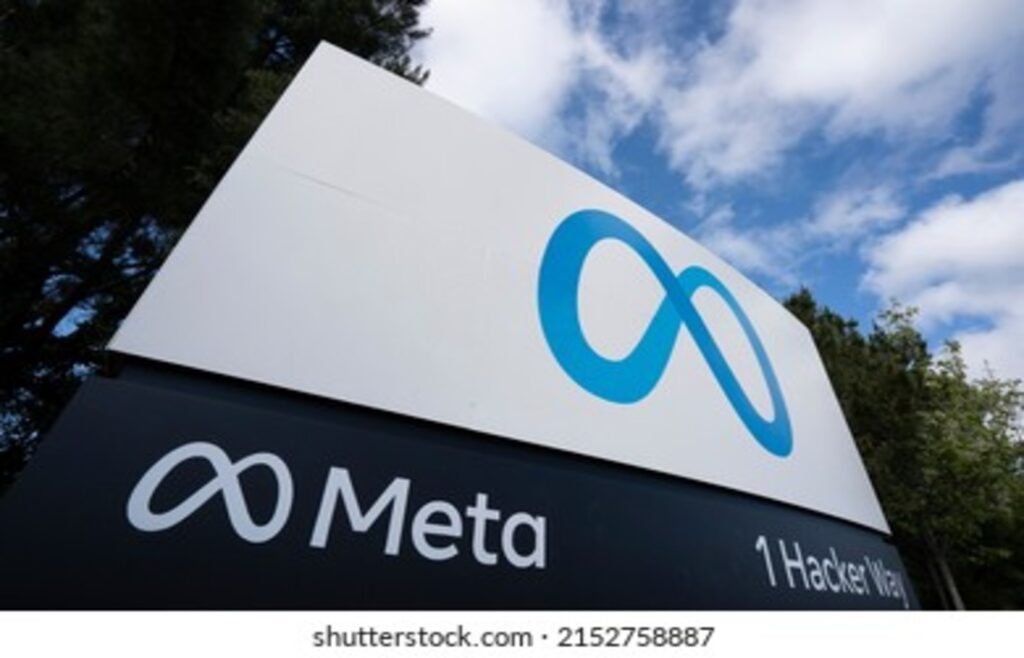In a recent development, the Malaysian government has announced its intention to take legal action against Meta, the parent company of popular social media platforms Facebook, Instagram, and WhatsApp. The move comes as part of Malaysia’s ongoing efforts to combat the proliferation of harmful content on these platforms, which has raised concerns regarding national security and societal well-being. Citing the increasing prevalence of fake news, hate speech, and other forms of harmful content, Malaysian authorities have expressed their determination to hold Meta accountable for the content shared on its platforms. The government believes that Meta has not taken sufficient measures to address these issues effectively, despite repeated calls for action.
As a result, Malaysia’s Communications and Multimedia Commission (MCMC) has initiated legal proceedings against the tech giant, seeking to ensure greater responsibility and accountability for the content hosted on its platforms. The decision to take legal action against Meta is a significant step for Malaysia, as it seeks to establish a robust framework to safeguard its citizens from the negative impacts of harmful online content. The government aims to protect its multi-ethnic and multicultural society, ensuring that social media platforms are not misused to spread misinformation, incite violence, or promote discrimination. Malaysia’s move aligns with global concerns surrounding the influence and impact of social media platforms on public discourse and societal harmony.
Governments worldwide have been grappling with the challenges posed by the unregulated dissemination of harmful content, leading to a growing demand for stricter regulations and greater accountability from technology companies. While Meta has taken some steps to address these concerns, including the implementation of content moderation policies, the Malaysian government insists that more needs to be done. The legal action against Meta signals a strong message that companies must actively engage in proactively monitoring and curbing harmful content on their platforms, as well as promptly addressing user reports and complaints. The outcome of this legal battle between Malaysia and Meta may have far-reaching implications for other countries grappling with similar challenges.
It has the potential to set a precedent for holding social media platforms accountable for their role in disseminating harmful content and may catalyze efforts to establish stricter regulations and oversight mechanisms. As the legal proceedings progress, stakeholders will closely observe the outcome, which could impact the future of online content moderation and regulation globally. Malaysia’s initiative sends a clear signal that governments are willing to take strong measures to protect their citizens from the adverse effects of harmful online content and underscores the need for technology companies to proactively address these concerns in a responsible and effective manner.
